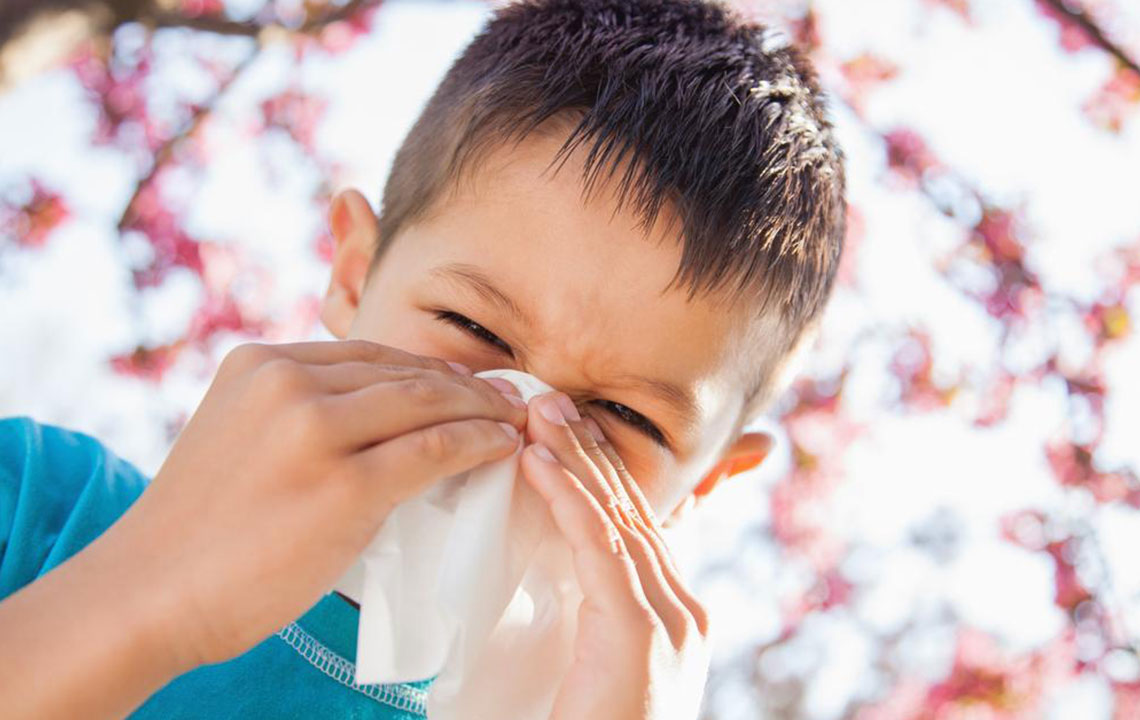Essential Strategies for Managing Canine Allergies
This comprehensive guide explores canine allergies, highlighting symptoms, types, and effective management strategies. It covers natural remedies, prevention tips, and veterinary advice to help pet owners ensure their dogs' comfort and health despite allergic reactions.

In-Depth Overview of Dog Allergies and Effective Management Techniques
Understanding Canine Allergies and Their Treatment
Dog allergies occur when a pet's immune system overreacts to specific substances called allergens. Common triggers include certain foods, pollen, insect residues, and pet dander. These allergies often manifest through skin irritation, but other symptoms can also appear. As more dogs develop allergies similar to humans, knowing the symptoms, categories, and treatment methods is vital for owners to keep their pets comfortable and healthy.
Detecting Allergic Reactions in Dogs
Typical signs include:
Itchy, irritated skin, either localized or widespread.
Breathing problems such as coughing, sneezing, or wheezing.
Discharge from eyes or nose.
Gastrointestinal issues like vomiting or diarrhea.
Categories of Canine Allergies
Allergies are classified based on several factors:
Cause of Reaction – Flea bites, food sensitivities, environmental exposures
Entry Mode – Inhalation, skin contact, or ingestion
Response Time – Immediate or delayed hypersensitivity
Immune System Reaction – Types I to IV hypersensitive responses
Symptoms Presentation – Skin dermatitis or respiratory inflammation
Genetic Predispositions – Seasonal allergies or atopy
Helpful Tips for Dog Owners
Post-Exercise Wipes – Wiping paws and coat removes pollen and allergens.
Hypoallergenic Shampoos – Shampoos with soothing ingredients like oatmeal or aloe vera help reduce itching.
Medicinal Sprays – Use vet-prescribed sprays to control infections and irritation.
Consult Your Veterinarian – Follow professional advice for treatment plans and medications.
Dietary Supplements – Omega-3 fats and biotin can enhance coat health and lessen allergic responses.
Natural Remedies for Allergy Relief
Natural options include:
Aloe Vera: Applying gel can soothe inflamed or itchy skin safely.
Oatmeal Treatments – Oatmeal shampoos help calm irritated skin and remove allergens.
Apple Cider Vinegar: Diluted vinegar can treat yeast infections and soothe itchy paws.
Additional Remedies: Coconut oil, thyme, and Epsom salt baths may provide extra relief.


